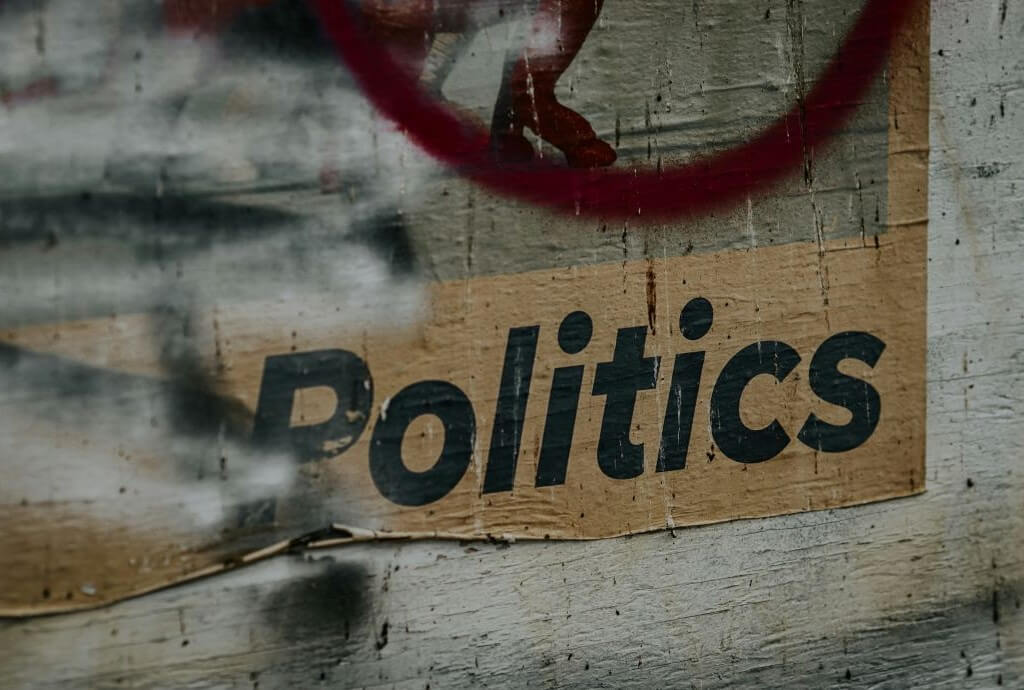Summarised by Centrist
The Māori Wards bill, currently progressing through parliament, aims to reverse changes that increased Māori representation in local government.
This legislation, part of National’s coalition agreements with Act and NZ First, seeks to restore the right to local referendums on establishing or maintaining Māori wards.
Māori wards, akin to Māori seats in parliament, ensure specific representation for voters on the Māori electoral roll at the local level.
The bill mandates that any council establishing a Māori ward must hold a binding referendum if petitioned by 5% of the population. Additionally, councils that created Māori wards since 2021 must hold a poll on their continuation in the 2025 local elections.
Editor’s note: The previous government allowed local counsels to establish Māori wards without voter approval, changing the law that had required referendums. The Spinoff reluctantly acknowledges that Māori wards have usually been rejected by voters, describing the opposition as a “small (but vocal) majority of people.”
They then introduce ethnicity into the discussion, stating that “local government elections have notoriously low turnout, where older, home-owning Pākehā are the most likely to vote.”
However, critics argue that Māori wards are divisive, ethnically based systems imposed on councils undemocratically, and believe voters should have a say in how they are governed.
See here for more on Māori wards.



















